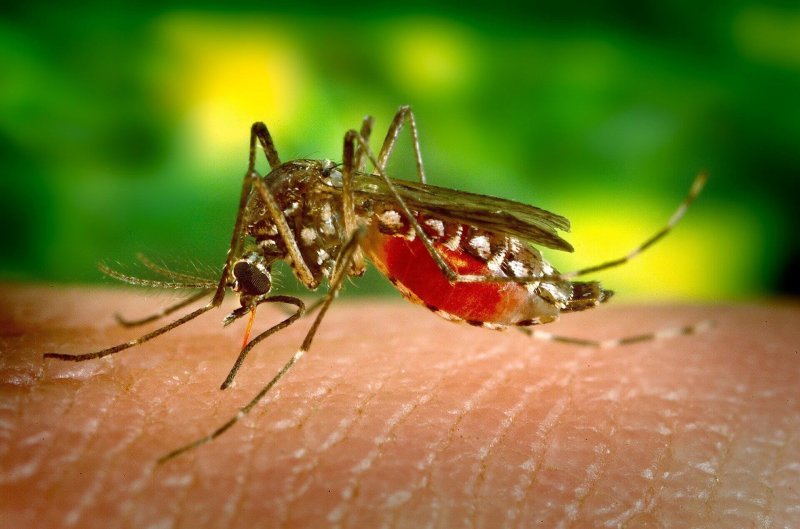Releasing mosquitoes into the corridors of apartment complexes might seem like an unusual strategy for a city fighting its worst recorded outbreak of dengue, a painful disease spread between humans by mosquitoes. But the thousands of little insects discharged [the last week of August] weren’t your average mosquitoes.
They were bred in a laboratory to carry a substance not commonly found in this type of mosquito: bacteria called Wolbachia. When the bacteria-laden male mosquitoes are released into the open and mate with naturally-born females, the resultant eggs won’t hatch.
The outcome is [a] reduced number of dengue cases in the areas where the lab-bred insects were released, according to Singapore’s government.
…
A team led by Zhiyong Xi, a professor at Michigan State University’s Department of Microbiology and Molecular Genetics used long, thin glass needles to inject Wolbachia into mosquito eggs …. that had been laid 90 minutes before. Upon hatching, the larvae also contained the bacteria. That first generation passed the Wolbachia bacteria on to its descendants, birthing a new line of bacteria-infused mosquitoes whose eggs were shipped to Singapore ….
…
Singapore’s government says that in parts of the city where its males have been released there were 65% to 80% fewer dengue cases compared with areas where the mosquitoes weren’t released. Mosquitoes are now being discharged in 5% of the city’s public housing blocks. The releases are slated to expand to 15% of them by 2022.
Read the original post (Behind paywall)































